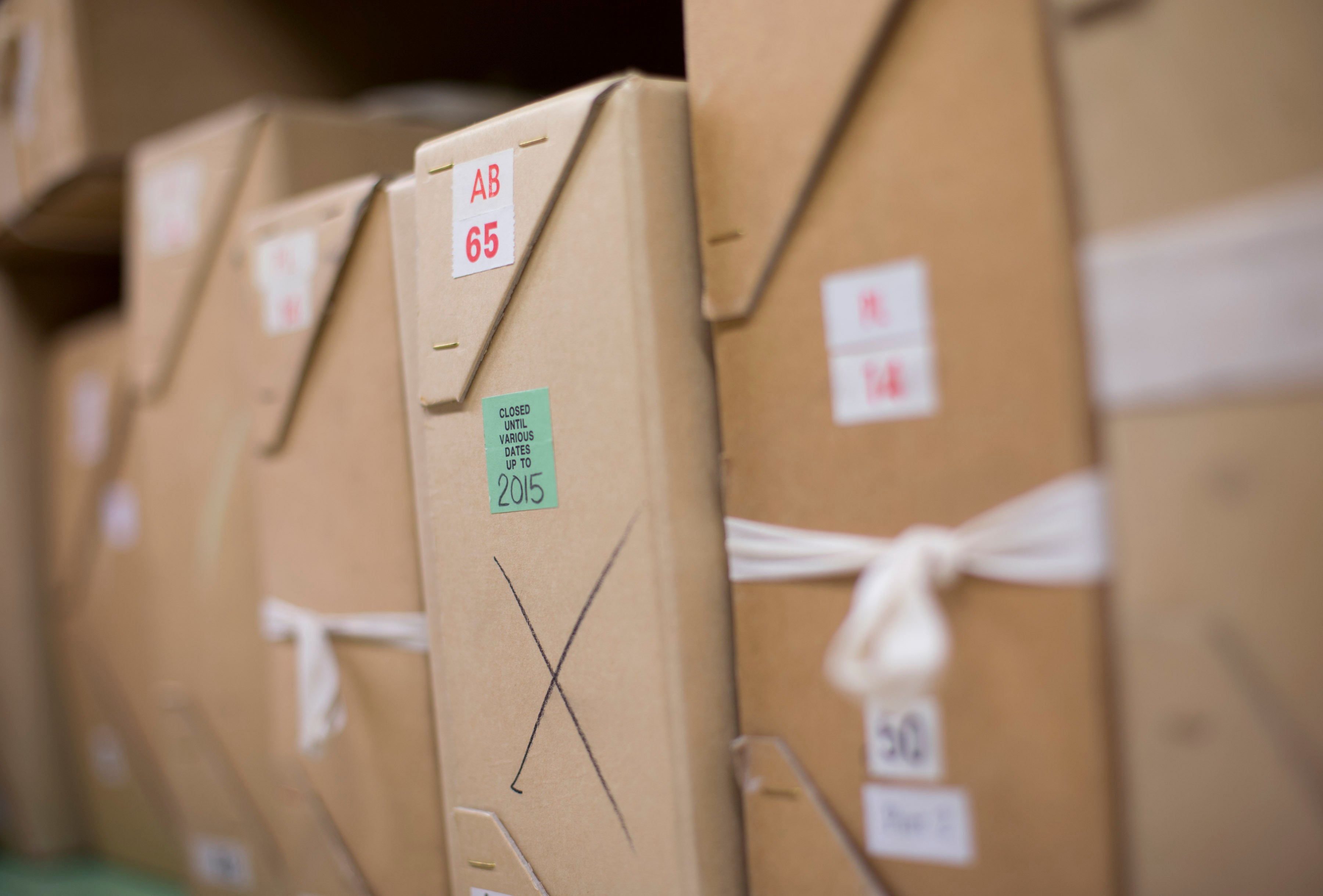Original inquest file on Army shooting of teenager missing, coroner hears
Desmond Healey, 14, was killed in disputed circumstances during rioting in Lenadoon in west Belfast in 1971 on the day internment was introduced.

The original inquest file for a teenage boy shot dead by soldiers on the day internment was introduced cannot be traced, a coroner has been told.
Desmond Healey, 14, was killed in disputed circumstances during rioting in the Lenadoon area of west Belfast on August 9, 1971.
Soldiers from D Company of the Parachute Regiment were involved in the fatal incident.
A new inquest into the teenager’s death is scheduled to be heard in Banbridge courthouse across two weeks in December this year.
Rioting flared in nationalist and republican areas across Northern Ireland in August 1971 in response to the introduction of the controversial policy of internment without trial.
At a pre-inquest preliminary hearing on Friday, coroner Maria Dougan was informed that the Public Records Office of Northern Ireland has been unable to locate the inquest file in its records.
Counsel for the coroner, Philip Henry, said PRONI had already indicated it could not find the file but had subsequently carried out additional searches.
“We liaised with PRONI to double check first of all whether they could find the file,” he told the hearing.
“They did double check and they couldn’t find it. And they provided us with solid confirmation that there’s no further inquiries that can be made in that respect.”
Mr Henry said files related to another shooting involving the same regiment in west Belfast earlier that night may assist the court in efforts to trace the soldiers involved in the Healey incident.
Francis McGuinness, 17, was shot dead by soldiers during disturbances on Finaghy Road North two hours before Desmond was killed.
Mr Henry said soldiers from D Company were also involved in that shooting.
He said police files on the McGuinness incident showed that a Soldier A had given the order to open fire.
“Soldier A was confirmed within the file as being suggested to have given the order to fire, though we can’t say for certain whether that’s the same Soldier A as in our inquest,” he said.
The Ballymurphy series of shootings, which saw ten people shot and fatally injured over the course of three days, also involved members of the Parachute Regiment. Those shootings started on the same day – August 9.
Mr Henry said one inquest from the Ballymurphy cases could potentially assist in tracing soldiers from D Company.
The barrister said efforts were ongoing to trace five soldiers involved in the Healey shooting – they are referred to by the letters A to E.
During the hearing, solicitor for the next of kin, Padraig O Muirigh, asked for the Ministry of Defence to outline in writing what efforts were being taken to find the soldiers.
Fiona Fee, representing the MoD, said she did not foresee any issue with providing that information to the court.
Coroner Dougan scheduled the next preliminary hearing for March 30. She praised all parties involved in the proceedings for their “collaborative approach”.
“I trust that that will continue,” she said.
Bookmark popover
Removed from bookmarks